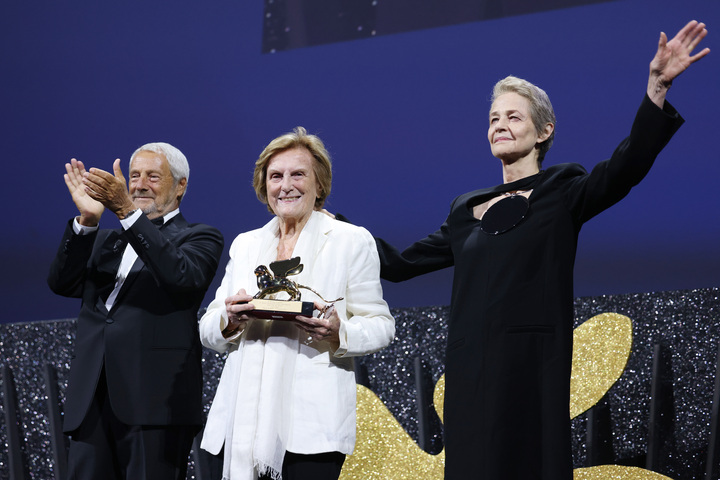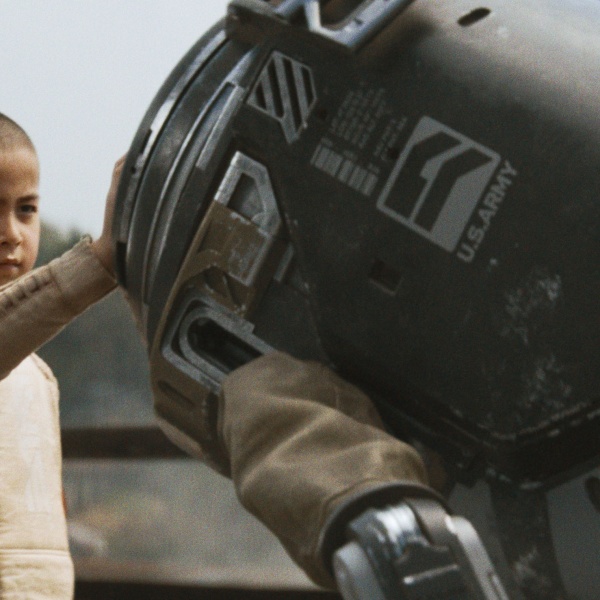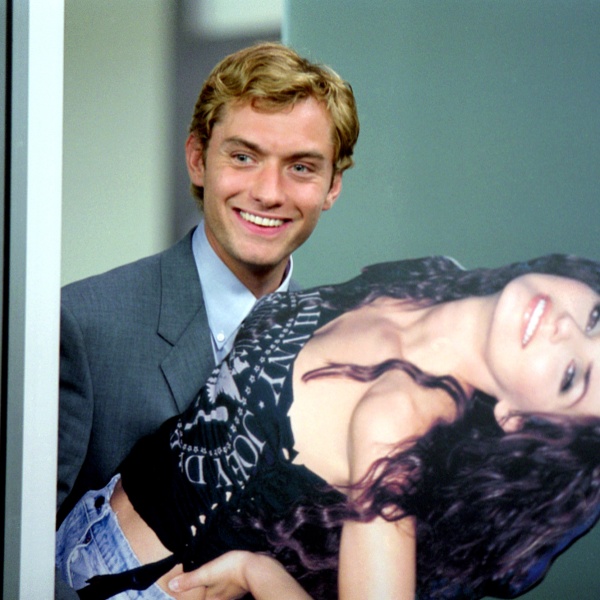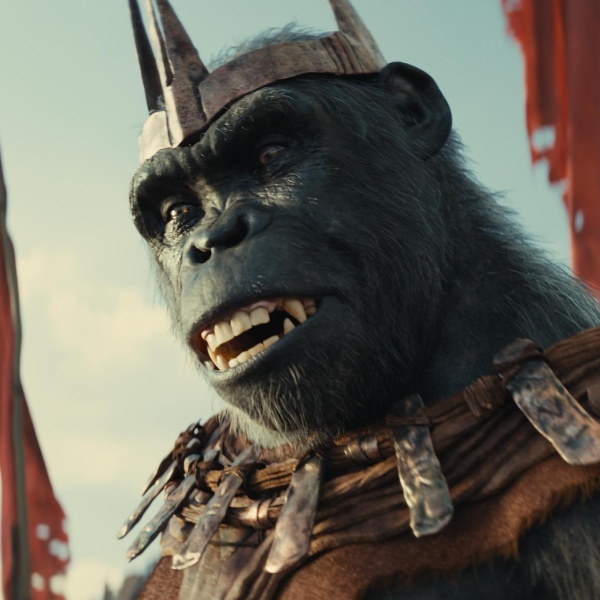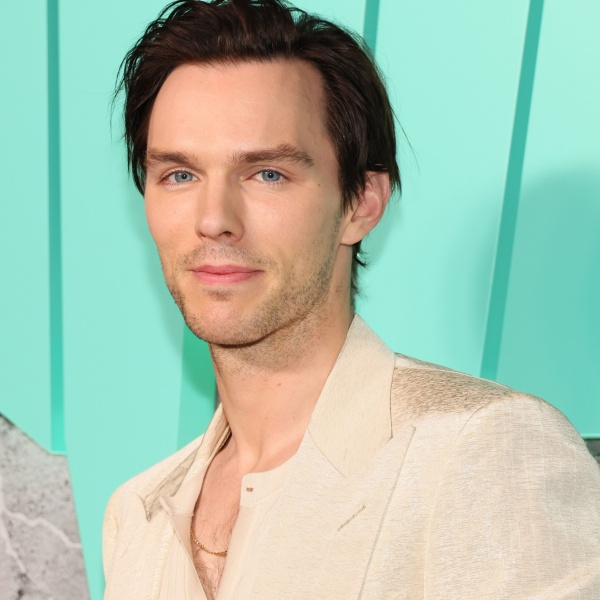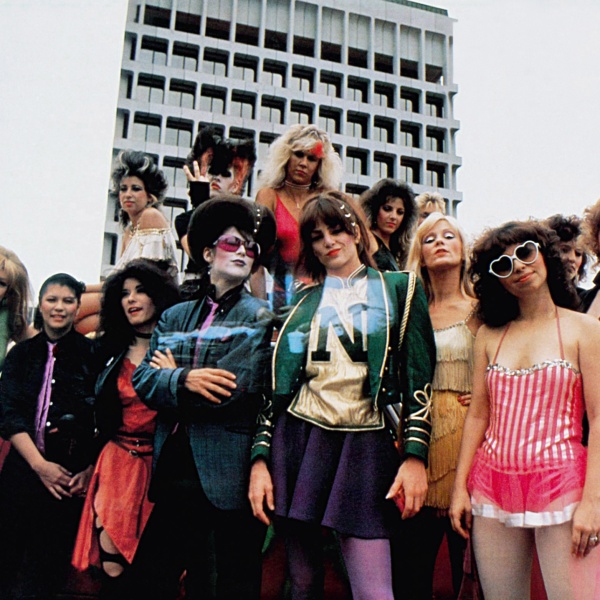Even without major stars or Luca Guadagnino’s “Challengers” to buoy it, the opening night of the Venice Film Festival’s 80th edition was high on nostalgia for cinema’s past and excitement for the eight days of movies ahead.
A black-tie crowd gathered in the Palazzo del Cinema’s Sala Grande on the Lido for the presentation of Edoardo De Angelis’ World War II Battle of the Atlantic epic “Comandante,” the opener that replaced Guadagnino’s “Challengers” after that film was moved by MGM/Amazon to April due to the strikes. (Guadagnino, a skip away from his home in Milan, was in attendance nonetheless, and he produces the animated short doc “The Meatseller” and narrative feature “Enea,” both playing the festival later this week.)
First, though, elegant minimalist and icon Charlotte Rampling presented the festival’s Golden Lion for Lifetime Achievement to Liliana Cavani, the Italian director of psychosexual Holocaust drama “The Night Porter,” starring Rampling and from 1974. (Wong Kar Wai muse Tony Leung Chiu-wai will also receive a Lifetime Achievement anointment later in the fest.) Rampling played a concentration camp survivor who finds her ex, a former SS officer played by Dirk Bogarde, working at a hotel in Vienna, reawakening trauma and a troubling S&M obsession between the pair. The Oscar nominee gave a powerful speech dedicated to Cavani, a self-identifying disciple of Bergman and De Sica. Cavani’s new film, the scientifically researched near-apocalypse drama “The Order of Time,” plays out of competition in Venice this year.
“[Cavani] made no attempt to demonstrate logic or to analyze, as far as I know. She showed us in its original, etymological, radical sense, what is monstrous, not so much in the form of a catharsis but in the form of a purge, an electroshock, the scream. She turned her camera toward the beast, straight at it, eyes-wide, surrounding it to understand it, to recognize it when it returns,” Rampling said.
“Cavani had in mind the words of a woman, an Auschwitz survivor, who could never forgive her captors for making her survive her own dark side,” Rampling said. “From the early 1960s, Cavani has been forcing us to confront the beautiful, the ugly, and the unresolved.”
Cavani’s other films include 2002 Patricia Highsmith adaptation “Ripley’s Game,” “Francesco” starring Mickey Rourke as St. Francis of Assisi, and 1977’s Nietzsche drama “Beyond Good and Evil.”
After a standing ovation, the 90-year-old Cavani addressed the room in her native Italian in a speech only partially translated onscreen for English speakers. “I started my work making documentaries on the most devastating war in history,” which she said “prevented me from making lighter cinema later. It was the astonishment I felt in front of images of World War II that prevented me.” Cavani also pointed out how she is one of the very few women in Venice’s 80-year history to receive the Golden Lion for Lifetime Achievement. She asked the festival consider how this is unfair. (Tilda Swinton, Ann Hui, Vanessa Redgrave, and Julie Andrews have received the prize in recent years.)
Before the screening of “Comandante,” led by Italian superstar Pierfrancesco Favino as naval commander Salvatore Todaro, jury president Damien Chazelle set the tone for the week of deliberations and film-going ahead.
“I just want to say briefly that it’s an honor beyond words, beyond words in many languages really, for me to be here. This is obviously a festival close to my heart,” said Chazelle, whose “La La Land” and “First Man” both opened Venice in years past. The “festival has been instrumental to the entire history of cinema. To just think of the other filmmakers who’ve been here, even just tonight from someone like Liliana Cavani, to think about the type of movies that are at the cutting edge of this art form […] that to me is what this festival is and can be.”
Concluding, he said, “I’ll just leave you with — I think Fellini said it best — ‘Vive le cinema!’”
